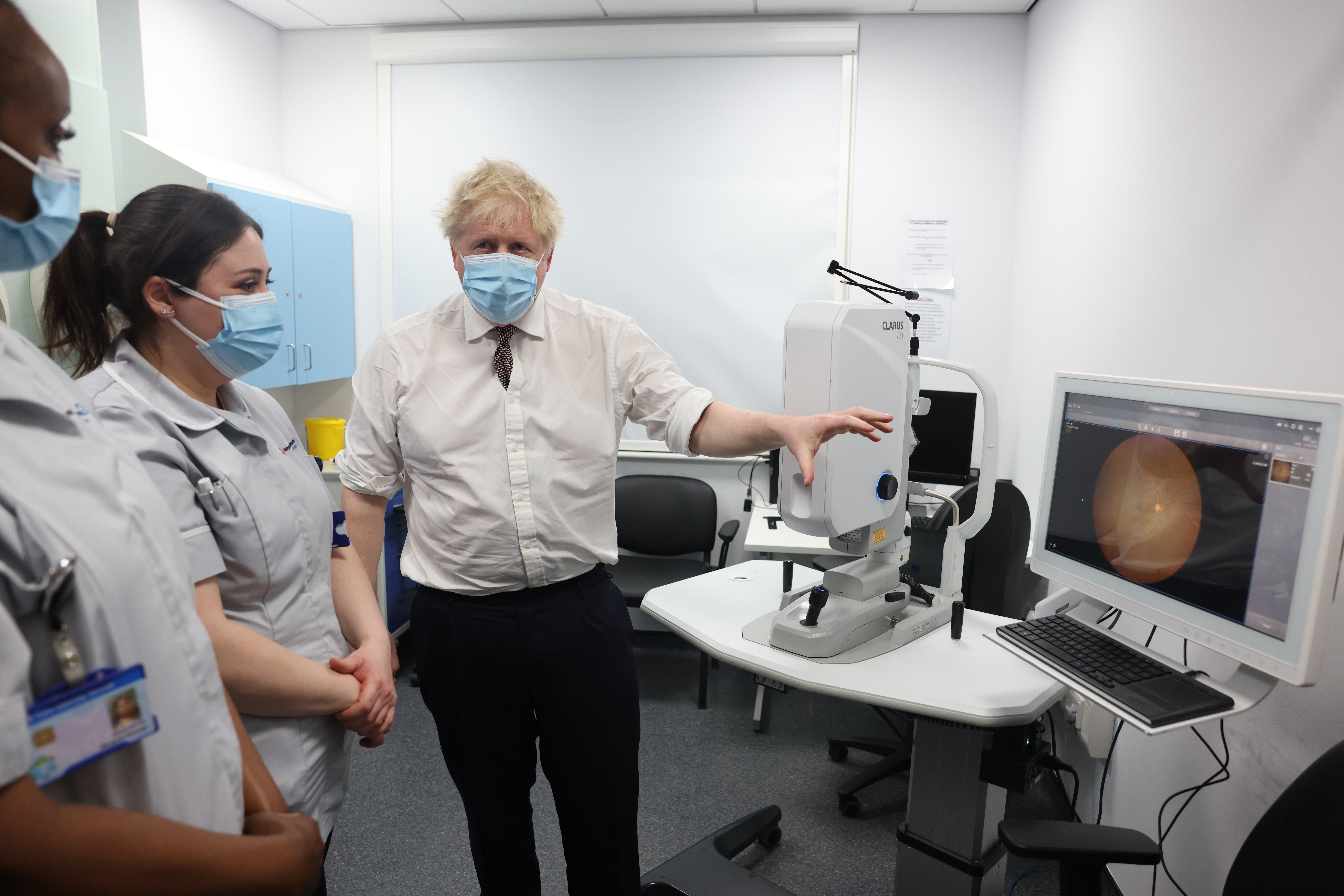Hatred against lockdowns has grown to include all mitigation measures in the UK
Letters to the editor: our readers share their views. Please send your letters to letters@independent.co.uk

Thank you, Sean O’Grady, for publishing one of the few reasonable articles about the Covid-19 pandemic I have read recently.
Indeed, attributing the NHS’ growing backlog of cases – and even the recent spike in excess deaths – to lockdowns, rather than to the failures of a chronically underfunded and overburdened health system, is very appealing to the many who are desperate for life to return to “normal”, in an act of “collective amnesia”, as you rightly call it.
Hatred against lockdowns has now grown to include all mitigation measures in the UK, justifying the government’s inaction in containing the spread of the virus, allowing wave after wave of new variants to hit us and causing further avoidable deaths and damage to the NHS and the economy.
Unlike our leaders and prime minister candidates, I do listen to the scientists. But I can only believe in those who show compassion towards their fellow human beings, not those who support deadly politics by lending their “expert” opinion.
Chiara Contrino
London
A vacant suggestion
The message currently being given by what passes as a Conservative government regarding the energy crisis seems to be little more than a vacant suggestion that more assistance will be on its way but how much and when is very much a secret. By the time we all find out, direct debits will have already gone up.
For lower-income families this could be completely unaffordable, if it’s not already. For middle-income families, every last bit of money that used to provide some luxuries (days out, shopping on a few non-essentials, cars, holidays etc) will have gone.
If the government didn’t portray an attitude of not really being bothered, it wouldn’t be quite so annoying.
Mark Pinchbeck
Sheffield
The Blonde Bombaster
A fond farewell to the Blonde Bombaster. To the man at the helm of his party and the country that slid down the toilet. Captain Bonkers navigated us away from the EU, held parties during a deadly pandemic (breaking his own Covid rules) – and to top it all off, he’s doing a farewell tour during the worst cost of living crisis in living memory.
So what will be plastered on the side of Boris’ farewell tour bus? He does love an Abba song, so how about: “Money, Money, Money”?
Paul Morrison
Glasgow
Liz Truss has run scared
Of course Liz Truss has run scared of a television interview. So many of her proposals for addressing the country’s problems are non-starters that she can only stomach questions from the gullible faithful.
Poor thing! She certainly will “hit the ground” on day one, if she is voted in as PM.
L Robertson
Harray
To keep up to speed with all the latest opinions and comment, sign up to our free weekly Voices Dispatches newsletter by clicking here
The government seems to be paralysed
People wait in ambulances because emergency wards are blocked by patients who need beds in another type of ward. These are, in turn, occupied, in a significant number of cases, by those who need to move on to social care, no longer needing hospital treatment but who can’t find or can’t afford a care home.
We’re told that those at the very back of the queue and still to get into an ambulance are contributing to the rising number of “excess” deaths. Yet, the government seems to be paralysed, won’t or cannot implement a solution, and, consequently, the problem is increasing.
Those of us of advanced years will remember that we used to have convalescence hospitals for post-operative cases. More recently, we built (and abandoned) Nightingale hospitals.
We could provide a solution for our “bed blocker” problem and free up clinical hospital beds by fusing aspects of the two. The state would construct modular care homes, each unit providing sufficient facilities for an individual. Where feasible, these might be located proximal to hospitals so that minor clinical complications could be dealt with easily.
These modular care homes would need staffing, though that staffing would not need to be clinically trained, and this could be provided by recruitment overseas. This would, of course, require relaxation of Brexit dogma, but the establishment of Nightingale convalescence care homes would ease the NHS bottleneck that causes so much grief for so many and death for some.
Ian Reid
Kilnwick
Join our commenting forum
Join thought-provoking conversations, follow other Independent readers and see their replies
Comments
Bookmark popover
Removed from bookmarks